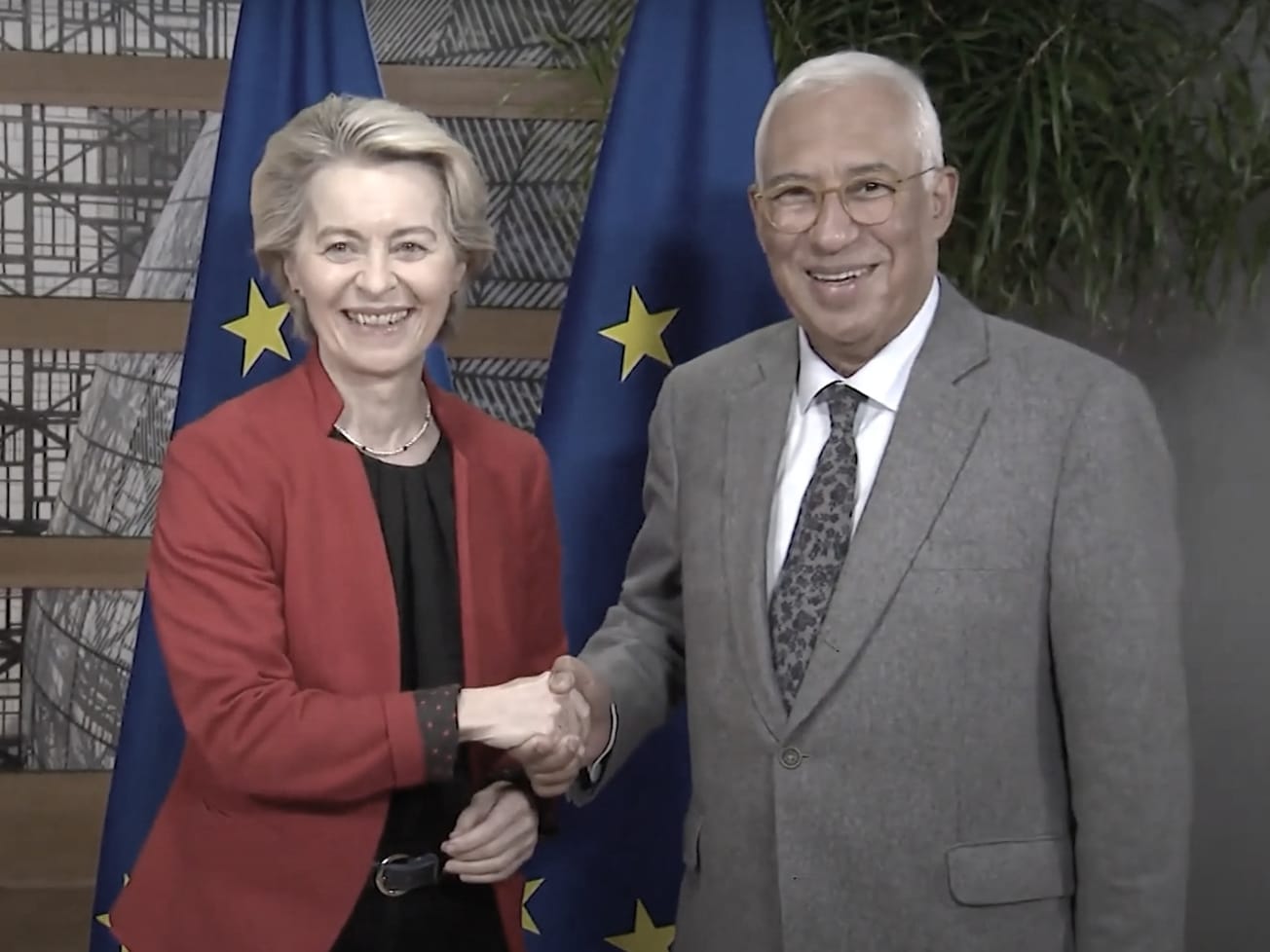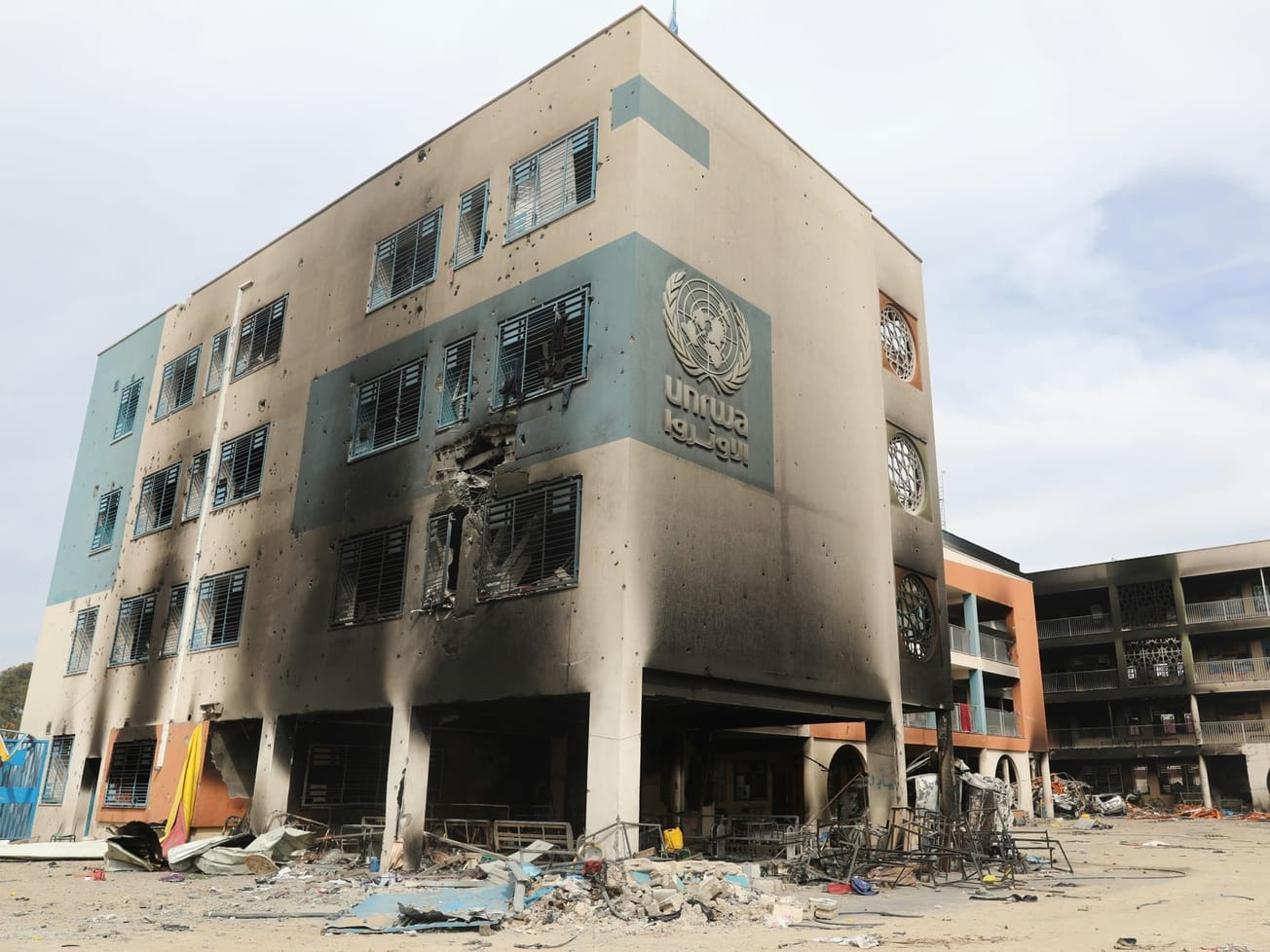Denmark, Finland and Singapore are the least corrupt nations, Transparency International finds in its annual index, while South Sudan, Somalia, Venezuela are at the other end of the spectrum.
The 2024 Corruption Perceptions Index on Tuesday put Denmark atop the rankings for the seventh year in a row, with a score of 90 out of 100. Rounding out the top 10 were Finland, 88, Singapore, 83, New Zealand, 83, Luxembourg, Norway and Switzerland, 81, Sweden, 80, the Netherlands, 78, and Australia, Iceland and Ireland, 77.









